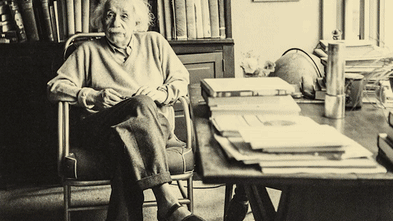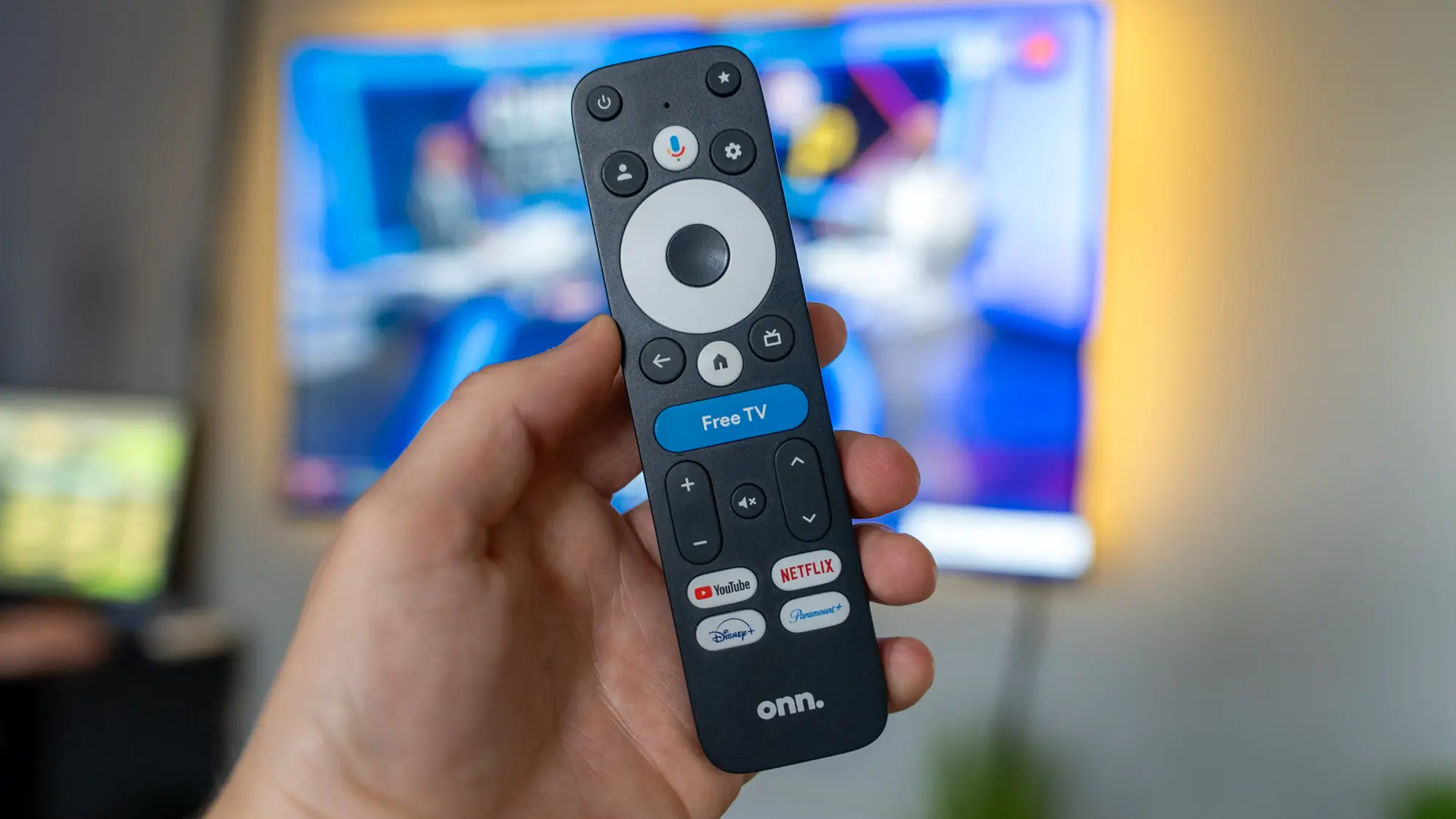
The Nobel Prize remains one of the most prestigious awards globally, with winners receiving recognition for significant contributions to humanity. On October 10, 2025, a hypothetical scenario unfolded where former US President Donald Trump received a call from the Nobel Committee, informing him he had won the Nobel Peace Prize. Such unexpected notifications are not uncommon, as numerous laureates have experienced similar moments, dramatically altering their lives.
The journey to winning a Nobel Prize is often long and unpredictable. For many, the “Nobel lag”—the delay between a significant discovery and its recognition—can span years, if not decades. The Nobel Foundation, established in 1900 under the will of inventor Alfred Nobel, awards prizes in various categories: physics, chemistry, physiology or medicine, literature, peace, and economics. Each prize can only be shared by a maximum of three individuals, which adds to the competition among deserving candidates.
Understanding the Selection Process
The Nobel selection process is intricate, beginning with nominations from a select group of individuals, including previous laureates and members of the Nobel committees. For instance, nominations for the physics prize are solicited from esteemed scientists and academicians. Potential winners must be alive at the time of announcement, a rule that adds urgency and expectation to the nominees.
Once selected, laureates face a whirlwind of obligations and public scrutiny. They are expected to attend awards ceremonies, provide a biography, and deliver a lecture on their work. The attention can be overwhelming. Peter Doherty, who shared the Nobel Prize for Physiology or Medicine in 1996, recalls the early morning call that confirmed his win. “We assumed one of our relatives in Australia was ill,” he says, recounting the shock of receiving the call from the Nobel Committee.
The financial reward is also significant, with each prize currently valued at approximately $1.7 million (11 million Swedish krona), accompanied by a gold medal. However, the impact on a laureate’s career can vary. Some experience a surge in opportunities, while others find their work becomes overshadowed by their Nobel status.
The Impact of Winning a Nobel Prize
Winning the Nobel Prize can serve as a “megaphone” for advocacy, as noted by Jody Williams, who received the Peace Prize in 1997 for her campaign against landmines. The recognition can amplify calls for social change and draw attention to significant issues. On the other hand, some winners, like Claudia Goldin, who won the economics prize in 2023, report that their professional lives have remained largely unchanged despite the accolades.
The prizes often spark debate over their selection criteria and historical context. Critics point out that many deserving individuals, such as Mahatma Gandhi and Stephen Hawking, have been overlooked. Moreover, the Nobel Peace Prize has faced scrutiny for being awarded to figures whose actions do not align with the ideals of peace, as seen in the case of Barack Obama, who received the prize in 2009 despite being in office for less than a year.
Despite these controversies, the allure of the Nobel Prize continues to draw numerous hopefuls. The journey toward potentially winning a Nobel requires not just groundbreaking work but often a degree of luck. Richard J. Roberts, who won the Nobel Prize in Physiology or Medicine in 1993, emphasizes that aspiring winners should not focus solely on the award. He advises researchers to embrace their discoveries and collaborate effectively while remaining grounded in their work.
As the Nobel Prize announcements approach each year, attention turns to potential nominees and the ongoing discussions about the value and recognition of scientific and humanitarian contributions. The next set of laureates will be announced on October 6, 2025, for medicine, with subsequent announcements for other categories leading up to the prestigious award ceremonies on December 10, the anniversary of Nobel’s death. For many, the aspiration to join the ranks of Nobel laureates remains a powerful motivator in their pursuit of excellence in their respective fields.






